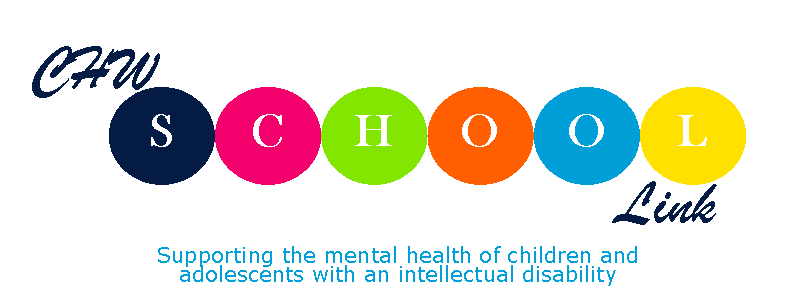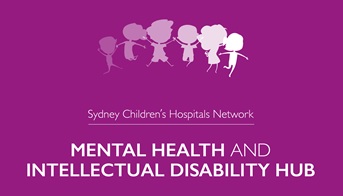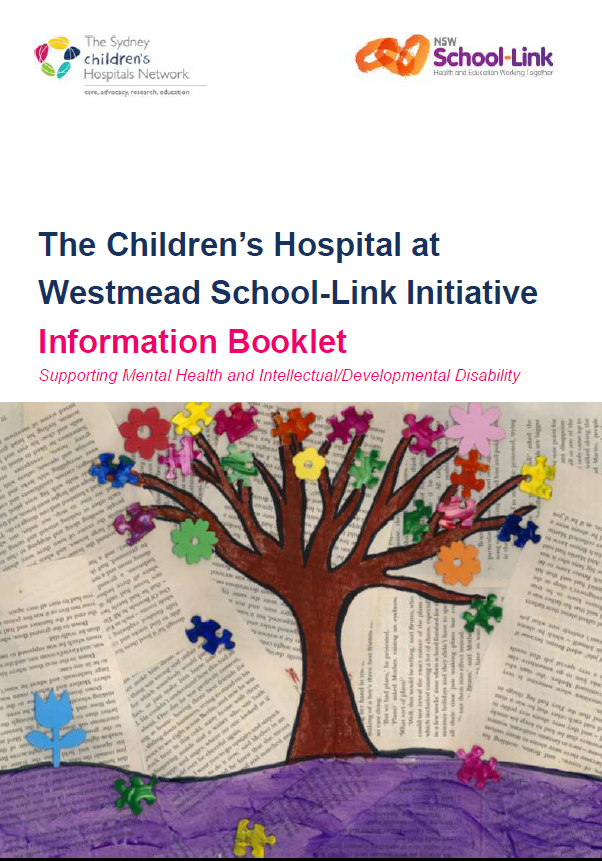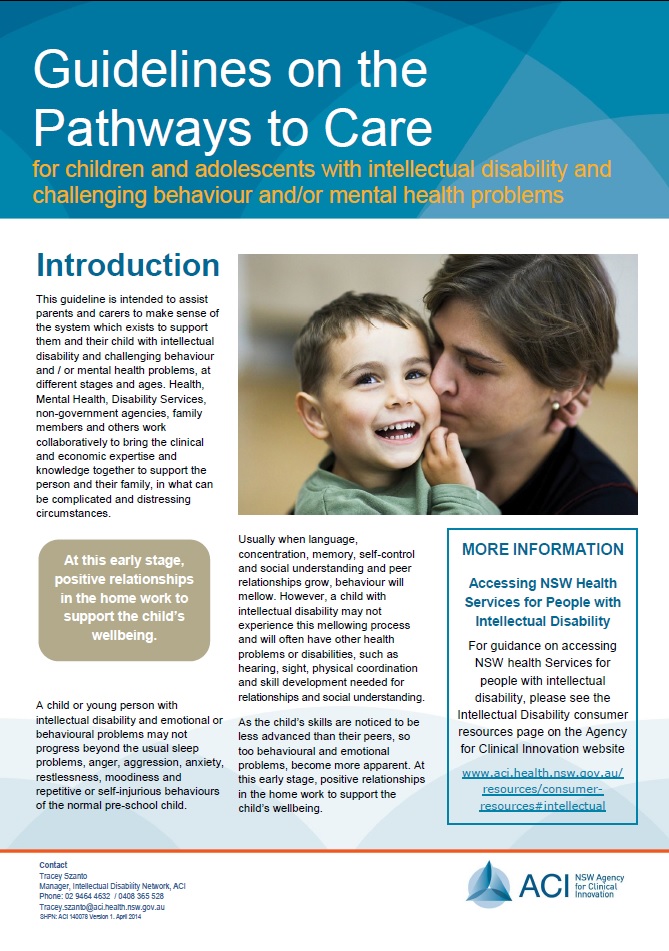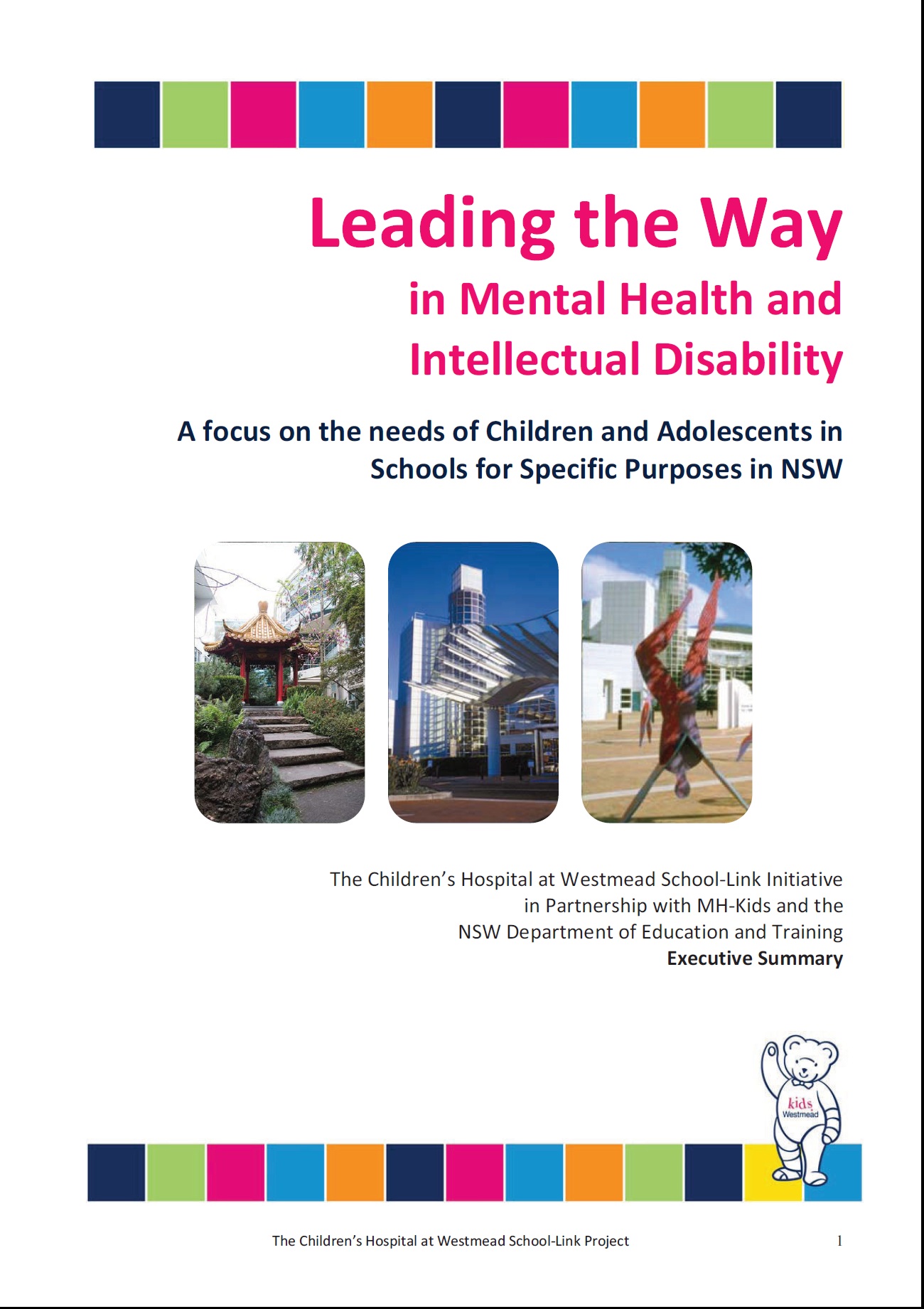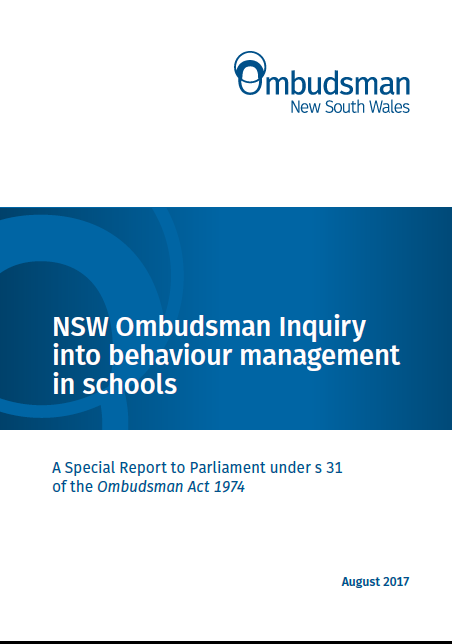Online safety for young people with intellectual disability
 Friday, June 3, 2022 at 1:46PM
Friday, June 3, 2022 at 1:46PM This research undertaken for eSafety by Whereto Research Pty Ltd shows that the internet can be a great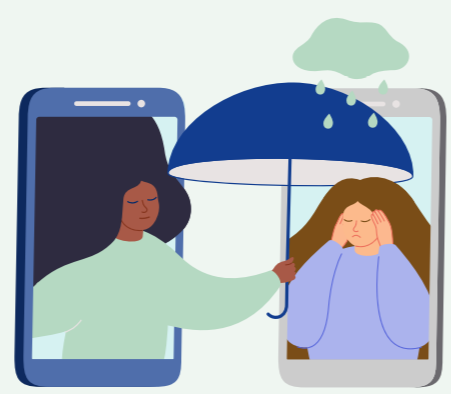 equaliser for young people with intellectual disability. The internet can help break down barriers, enabling communication and socialisation with their peers, while combatting isolation. However, there are real challenges in navigating potential online pitfalls. This research is based on interviews with 17 young people with intellectual disability aged 13-25, as well as 10 interviews with parents or carers and two group discussions with educators.
equaliser for young people with intellectual disability. The internet can help break down barriers, enabling communication and socialisation with their peers, while combatting isolation. However, there are real challenges in navigating potential online pitfalls. This research is based on interviews with 17 young people with intellectual disability aged 13-25, as well as 10 interviews with parents or carers and two group discussions with educators.
 Jodie Caruana | Comments Off |
Jodie Caruana | Comments Off | 